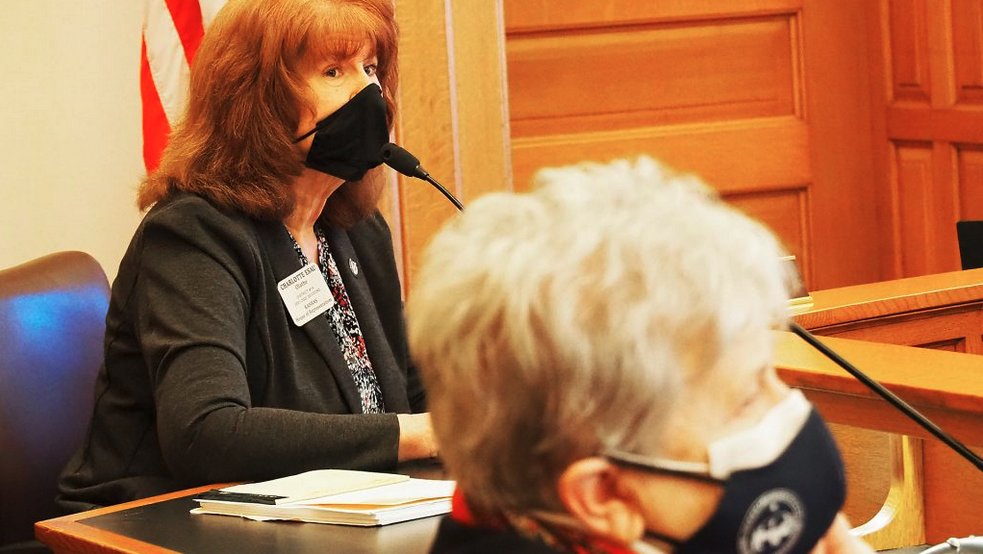
By TIM CARPENTER
Kansas Reflector
TOPEKA — The Kansas House postponed action on a pair of surprisingly complex bills wading into driving privileges of teenagers and regulation of agricultural pipelines on the right-of-way of county roads.
Objections led GOP leadership to withdraw from the House debate calendar a bill granting restricted driver’s licenses to 15-year-olds to operate vehicles to and from worship services conducted by religious organizations. Current law allows 16-year-old holders of restricted licenses or farm permits to drive to church.
House Speaker Ron Ryckman said more than a decade of tinkering with Kansas statutes on driving privileges created a quagmire that proved puzzling to teenagers and adults. The religious exception bill could be woven into a broader review by a House committee aimed at simplifying state law, he said.
“It’s very complicated on how you get a driver’s license now,” said Ryckman, a Republican from Olathe. “That triggered the conversation of how difficult it is and how confusing (it is) for parents who are trying to do the right thing.”
Rep. Charlotte Esau, an Olathe Republican who sponsored House Bill 2609, said state government shouldn’t inhibit the right of people to gather for religious expression.
“The good that comes from our youth attending worship or religious education is at least of equal value than what they learn at school or the experiences they gain from employment,” Esau said.
Rep. Brandon Woodard, D-Lenexa, said he supported the legislation because he recalled that upon turning 15 in 2005 he was able to drive to and from school and to work mowing lawns in Topeka but not to church events.
Meanwhile, House leadership also took a step back Wednesday on the pipeline bill before adjourning for a six-day break.
The pipeline measure emerged after a Phillips County jury determined placement by northern Kansas hog farmer Terry Nelson of a manure-and-urine waste pipeline through the right-of-way of a neighbor’s property without permission amounted to trespassing. The plaintiff in that case was awarded $134,000 in actual damages leveled against Nelson.
The verdict caught rural interests off guard because many pipelines have been buried along county or township roads in the right-of-way.
Rep. Boyd Orr, R-Fowler, said House Bill 2531 would enable a person engaged in agriculture activities to construct and operate pipelines on the right-of-way in conformity with state laws and county regulations. He said there was “no consensus” among landowners, county commissioners and other groups about how to amend state law to deal with pipeline controversies driven by landowner and pipeline interests.
Unresolved questions about what happened when pipelines changed ownership, when pipelines were abandoned or when compensation should be paid to nearby landowners led to referral of the bill back to a committee for additional work.
“I’ve got some real concerns about it,” said Rep. Leo Delperdang, R-Wichita.
Orr said pipeline applications would be submitted to county clerks and that county commissions would have 90 days to evaluate project proposals. If not acted upon by the commission within that three-month period, the pipeline proposal would be considered approved.
“This could be done in two or three days if all the parties come to the table. If there are no objections, obviously the county commission’s decision is very simple,” Orr said.
The House bill would mandate that county governments notify property owners within one-fourth mile of a proposed pipeline. Applicants would be required to identify other pipes within the area where construction would occur. Owners of the pipeline would be responsible for maintenance and repair of the line as well as damage to roads and private property during construction.
The bill was supported by the Kansas Livestock Association, Kansas Farm Bureau, Kansas Pork Association and two Phillips County commissioners. It was opposed by the Sierra Club of Kansas, a law firm representing private landowners and a Thomas County commissioner.



